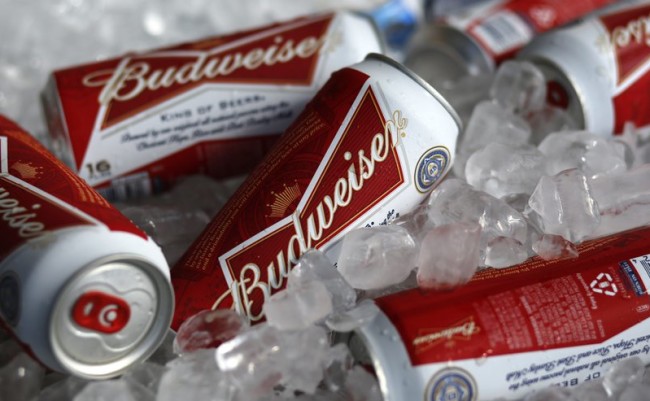
AB InBev Fights Back
Great companies defend their turf. When a new entrant shows up, they respond to the threat. They innovate and invest to hold their market share.
This is what firms should do. You can’t relax and watch as your market share falls year after year. With each customer loss, the business weakens. Profits may hold up for a while as cost-cutting offsets declining volume, but eventually the firm will stumble.
Defensive strategy is a core part of business.
It isn’t enough to innovate and drive growth; you have to deal with and respond to hazards. By taking action, you can slow down competitors and find opportunities to grow.
AB InBev is clearly concerned about the changes in the U.S. beer industry and responding to them.
The growth of craft beers is fundamentally reshaping the beer market. While the category in total is basically flat, premium craft beers are growing quickly and stealing share from the big established brands like Budweiser and Bud Light.
This is a threat and an opportunity for AB InBev. It is a threat because AB’s established brands are losing share. It is an opportunity, though, because many of these new beers sell for premium prices and presumably have better margins.
AB is responding with three savvy moves.
— Acquiring craft brewers. AB InBev has bought five different craft brewers over the past several years, including Goose Island in Chicago; Blue Point Brewing in Patchogue, N.Y.; and 10 Barrel Brewing in Bend, Oregon.
AB is letting these brands run independently. This makes perfect sense. People will see the craft brands without connecting them to the larger parent company. By growing these brands, AB can own part of the attractive craft segment.
— Investing in the core brands. AB launched a new effort during the 2015 Super Bowl to fight back against craft beers. The company ran a sweet spot featuring the much-loved Clydesdale horses, and then they ran a very tough, hard-hitting spot for Budweiser.
— Blocking distribution. One of the best ways to defend a business is to make it difficult for competitors to access a market. Recently, AB rolled out a new program giving distributors significant financial incentives for supporting AB beers. If a distributor sells mostly AB beers (over 90%) they will qualify for a payment. This is a smart effort to both drive growth and limit new entrants.
People don’t like discussing defensive strategy. Innovation and social enterprise are much more appealing topics. Nonetheless, when faced with a threat, companies have to respond and take on the new entrants. AB InBev is fighting hard.
To learn more about defensive strategy, you can read my book, Defending Your Brand: How Smart Companies Respond to Competitive Attacks.
Comments RSS Feed